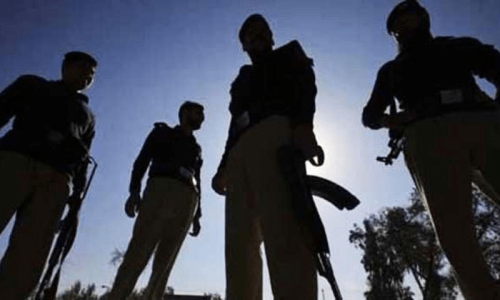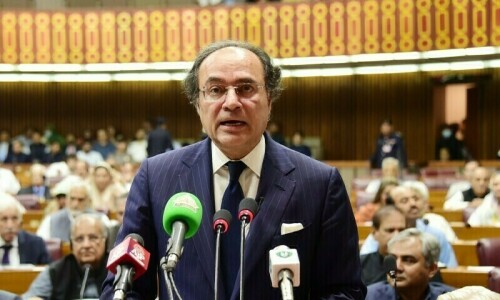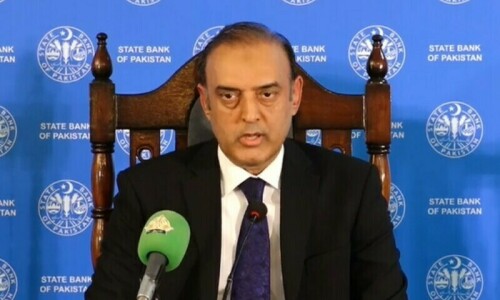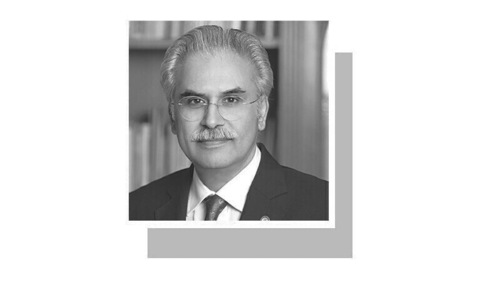UNITED NATIONS, March 28: A network of individuals was responsible for the assassination of former Lebanese prime minister Rafik al Hariri in 2005 and was linked to other political murders in Lebanon, UN investigators said on Friday.
The finding came in the latest report by a UN commission set up to investigate the Hariri killing and related cases, which was distributed to the UNSC.
“The commission can now confirm, on the basis of available evidence, that a network of individuals acted in concert to carry out the assassination of ... Hariri and that this criminal network — the ‘Hariri network’ — or parts thereof are linked to some of the other cases,” the report said.
The panel said it had evidence the network existed before the Hariri killing, conducted surveillance of him and continued, at least in part, to operate afterward.
Rafik Hariri and 22 other people died in a car bomb explosion in Beirut on Feb 14, 2005. Some anti-Syrian Lebanese politicians have said Syria was behind the suicide bombing. Damascus has denied involvement and the UN report identified no suspects.
The 10-page report was the 10th to be issued by the commission, but the first since Canadian prosecutor Daniel Bellemare took charge of the panel from Belgium’s Serge Brammertz at the beginning of this year.
Last year the security council set up a special tribunal to try suspects in the Hariri killing once the investigation is complete. Friday’ report gave no indication of when that would be.
The report said the UN panel was now gathering more information about the Hariri network, the identity of all its participants, their links with others and their role in other attacks in Lebanon.
It also was pursuing efforts to identify the suicide bomber, comparing information already obtained with exit-entry records and missing-person files of various countries and conducting DNA profiling.
Several earlier reports by Brammertz, the last of them in November, said investigators had identified some people thought to be involved in the Hariri killing but disclosed no names.
The first head of the UN team, German Detlev Mehlis, implicated Syrian officials but Brammertz never repeated the allegation and Bellemare continued the Belgian’s cautious approach. Like Brammertz, he reported that Syrian cooperation with the investigation had been “generally satisfactory”.—Reuters













































Dear visitor, the comments section is undergoing an overhaul and will return soon.